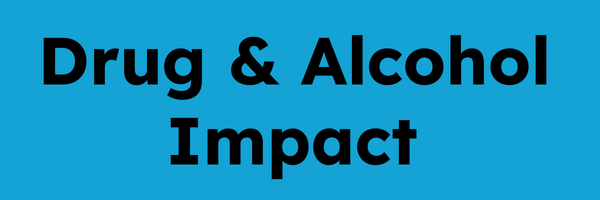'Have a Word' at Durham University
An intervention to tackle irresponsible consumption and to improve student wellbeing

Have a Word was an intervention introduced at Durham University and Students’ Union with the intention of tackling irresponsible consumption (particularly binge drinking and pre-drinking) to reduce associated harm and to improve then wellbeing of students.
‘Have a Word’ is an evidence-based Alcohol Identification and Brief Advice programme (Alcohol IBA) developed by Public Health Wales to help professionals identify those individuals whose drinking might impact their health, now or in the future and deliver simple, structured advice aimed at reducing this risk.
The Alcohol Impact programme developed an important partnership between the University and the Durham Drug and Alcohol Recovery Service(DDARS). DDARS have accredited trainers for ‘Have a Word’ and it was decided to pilot this training with students to see if it was appropriate for peer interventions. Durham is the first university in the UK to have used this programme. At first the ability to perform an intervention was seen as key but students also wanted more information about alcohol.
The new Durham University version of the programme has been rolled out to student leaders, including Common Room officers and sports captains, to increase their understanding of alcohol, identify peers whose drinking might affect their health, and recognise appropriate moments to advise how to reduce risk and access support.
Student Feedback (3 months after training):
“Thinking about how much I'm drinking and the drinking habit of friends and those around me”
“On several occasions, I encouraged fresher’s who seemed really drunk to have a ‘water break’ while we just chatted”
“I think one of the most beneficial aspects of workshop was how the leaders were not unreasonable and not encouraging us not to drink at all, they were just encouraging safe, responsible drinking. The cups with unit measurements on were also really helpful and interesting”


